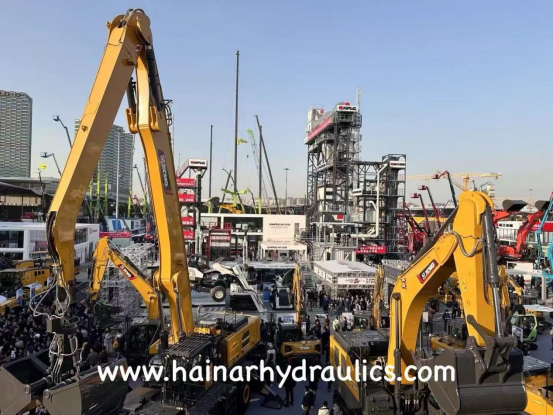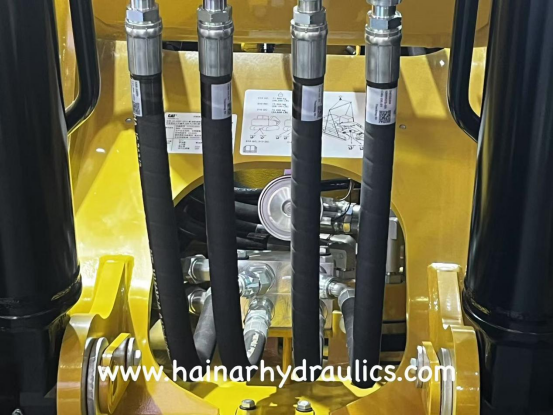Where Electric Systems May Replace Hydraulics
1. Light-Duty and Low-Power Applications
In industries such as medical equipment, robotics, and factory automation, electric actuators are increasingly being used instead of hydraulics.
• Advantages:
• Cleaner (no risk of oil leakage)
• Lower maintenance
• Easier integration with digital control systems
• Quieter and more suitable for indoor or clean environments
2. Environmentally Friendly and Energy-Saving Demands
Electric drives are becoming a preferred choice in applications where energy efficiency and sustainability are key concerns, such as green manufacturing and urban equipment.
Where Hydraulics Remain Irreplaceable
1. Heavy-Duty, High-Load, High-Impact Environments
Hydraulics still dominate in sectors like construction machinery, marine equipment, metallurgy, and mining.
• Reasons:
• Capable of delivering high force in compact spaces
• Shock resistance is superior to electric systems
• More reliable and cost-effective for heavy-duty use

2. Cost and Maturity
• Hydraulic systems are well-established and economically efficient in heavy industries
• Electric alternatives still face challenges in terms of high cost, heat management, and durability under extreme conditions
With the development of electrical automation technologies, electric actuating systems are gradually replacing hydraulic systems in certain fields — particularly in light-duty applications that require clean operation, precise control, and intelligent integration.

However, in heavy-duty, high-intensity, and harsh environments — such as construction machinery, mining equipment, metallurgical processing, and offshore platforms — hydraulic systems still offer irreplaceable advantages.
Therefore, hydraulic systems will not be completely replaced in the future. However, their applications in certain niche markets may decline, and the overall scope of use may gradually narrow. Hydraulics will become more focused on medium- to heavy-duty, high-power, and structurally complex core industries.
Meanwhile, electric systems will expand in light-duty, high-precision applications due to their cleanliness, efficiency, and ease of control. In the long term, we are likely to see a coexistence of electric and hydraulic systems, where both technologies complement each other and are applied according to their strengths.
Post time: Jul-11-2025
